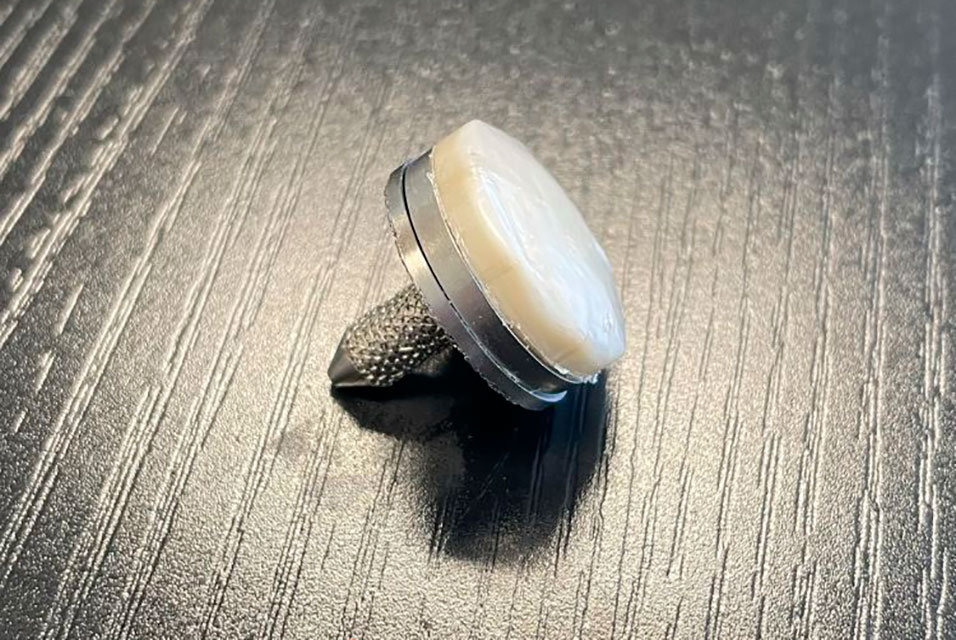CHARLOTTESVILLE, VA.- A medication used to treat asthma and eczema can improve survival rates for patients with moderate to severe COVID-19, a clinical trial conducted at
UVA Health suggests.
UVA is the first to test this novel and promising approach to COVID-19 treatment. The study centered on a monoclonal antibody called dupilumab, most often prescribed for skin conditions, asthma, and sinus congestion and swelling. The treatment also proved safe in the small study, as expected, because dupilumab is already a safe and effective allergy medicine.
The small trial, designed and led by Dr. Jennifer Sasson, found that dupilumab improved patient survival at 60 days and reduced the number of patients who needed intensive care. Almost 90% of patients who received dupilumab in the randomized trial were alive at 60 days, compared with 76% of patients who did not.
“Our clinical trial suggests that treatment with the anti-allergy medicine dupilumab may decrease deaths due to COVID-19,” said Sasson, of the University of Virginia School of Medicine’s Division of Infectious Diseases and International Health. “A large multi-institution study to validate these preliminary results is being designed. If successful, this multi-site trial will open a new window to treatment of COVID-19 and potentially other viral pneumonias.”
Treating COVID-19
Sasson and her collaborators were inspired to launch the trial after discovering that patients with COVID-19 were at significantly greater risk of needing a ventilator if their blood contained high levels of interleukin-13, a driver of inflammation in the body. Dupilumab, sold under the brand name Dupixent, works by blocking the effects of IL-13. The federal Food and Drug Administration approved dupilumab in 2017 for the treatment of moderate to severe eczema, an itchy skin condition also known as atopic dermatitis. Dupilumab is now also used to treat patients with asthma and chronic sinus inflammation.
To see if dupilumab could improve the body’s immune response to COVID-19, Sasson and her collaborators enrolled 40 patients with moderate to severe cases in a clinical trial. The trial was double-blinded, meaning neither the patients nor the doctors knew whether the patient was receiving the antibody or a placebo. Both groups of trial participants otherwise received standard care.
After 28 days, the two groups saw no difference in ventilator-free survival or in adverse events. But by 60 days, there were only two deaths among the patients receiving dupilumab and five deaths among those receiving placebo.
Among the patients who were not already in the intensive care unit when they joined the trial, three receiving dupilumab were ultimately admitted to the ICU. That’s compared with six of those receiving placebo.
“We are indebted to the patients at UVA who consented to participate in this study, without even knowing if they would receive the medicine or placebo, as they are the ones who have advanced our understanding of the pandemic,” Sasson said.
The researchers have published their findings in the scientific journal Open Forum of Infectious Diseases. The research team consisted of Sasson, Alexandra N. Donlan, Jennie Z. Ma, Heather M. Haughey, Rachael Coleman, Uma Nayak, Amy J. Mathers, Sylvain Laverdure, Robin Dewar, Patrick Jackson, Scott K. Heysell, Jeffrey M. Sturek and William A. Petri Jr. The researchers had no financial interest in dupilumab.










